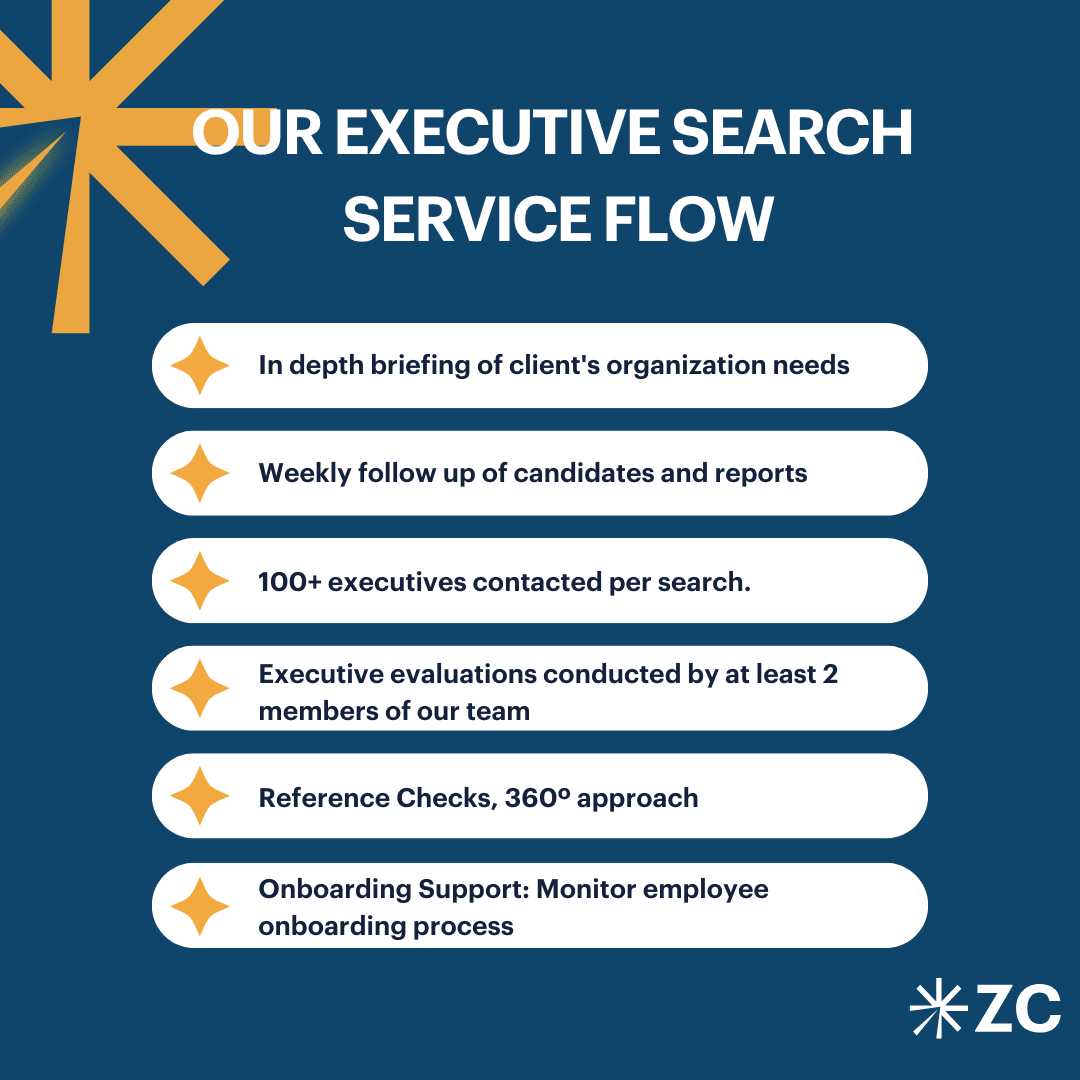You are essential to your company’s growth and competitiveness as the Chief Human Resource Officer (CHRO) of a business in China. Being a CHRO in China necessitates a particular set of specialised skills and knowledge due to its distinctive business culture, dynamic legal environment, and quickly developing technology. It’s crucial to comprehend the process of executive search for a CHRO in China as well as the essential abilities and traits to seek for.
- Know the Chinese Business Culture: If you want to succeed as a CHRO, you must have a solid understanding of the Chinese business culture. Confucianism, which emphasises the value of relationships, respect for authority, and a strong work ethic, has had a significant impact on China’s business culture. Many different ways, such as a hierarchical structure, an emphasis on long-term relationships, and a strong emphasis on stability and security, can show this in the workplace. Finding candidates who can successfully lead your HR team in China and have a thorough understanding of these cultural distinctions and how they affect how businesses run is a top priority for executive search agencies.
- Understanding the Legal Environment: A CHRO must have a thorough knowledge of Chinese employment laws, rules, and policies because these can be confusing and difficult to manage. The function can be outlined from a variety of aspects, including legal, with the assistance of executive search companies. For instance, it is crucial to maintain compliance with China’s rigorous laws regarding employee pay, benefits, and working hours in order to reduce risk. Furthermore, the rules governing data privacy and protection in China are continually changing, so it’s critical for a CHRO to keep up with these updates and put the right safeguards in place to secure sensitive employee data. As a result, hiring new employees in this industry requires careful planning and a focus on quality rather than just quantity.
- Build Strong Relationships: A CHRO should endeavour to build strong relationships with staff members, supervisors, and business executives because strong relationships are essential for success in China. That will be viewed by executive search companies as a requirement for exceptional communication skills as well as the capacity to comprehend and address the needs of various groups. For instance, a recent poll by Randstad Employer Brand Research revealed that 75% of Chinese employees believe that a positive workplace culture is the most essential component in their job happiness. Companies that conduct executive search will also consider applicants who have demonstrated a commitment to fostering a welcoming workplace environment that encourages employee engagement and well-being.
- Foster Employee Growth: A CHRO should seek to build programmes to assist employee development, which is essential in China. This includes giving workers the chance to enhance their careers, develop professionally, and gain new skills. In China, 89% of employees believe that opportunities for ongoing learning and development are crucial for the advancement of their careers, according to a recent Deloitte survey. It is not about finding a CHRO who will work to advance both their own career and that of the business; rather, it is about finding a candidate who will foster a culture of lifelong learning and development and give staff members the tools and encouragement they require to advance their careers.
- Embrace technology: China’s corporate environment is changing quickly as a result of technology, and a CHRO should be at the forefront of this development. This involves utilising technology to streamline HR procedures, boost productivity, and aid in employee development. The majority of industries, including this one, have seen a need for executive search to advance as a result of the need to gain a comprehensive understanding of technology. For instance, a recent PWC survey found that 50% of Chinese businesses use big data and analytics to make smarter HR choices, while 66% automate HR operations using AI and machine learning. A candidate who can successfully adopt and use the most recent HR technologies in your company will be sought.
It can be difficult, but finding the ideal CHRO for your firm in China is crucial to its success. In China, finding a CHRO can be a difficult and time-consuming procedure. Working with a seasoned executive search agency that is familiar with the Chinese market and comprehends the particular difficulties involved in locating the ideal CHRO for your business is crucial.
How to executive search for a CHRO
Define the position: It’s critical to understand the duties and responsibilities of the CHRO as well as the skills and attributes you want to see in a candidate.
- Candidate sourcing: They will utilise a range of techniques, such as networking, social media, and databases, to find possible applicants.
- Applicants will be screened, and the executive search company will then offer a shortlist of the best candidates.
- Interviewing applicants: The executive search company will schedule and hold interviews with the individuals that made the short list
- Reference checks: To confirm the candidate’s credentials and experience, the executive search firm will run reference checks.
- Offer and discussion: If a candidate is chosen, the company will discuss the specifics of the offer with them.
In conclusion, locating the ideal CHRO for your business in China necessitates a thorough and methodical strategy. You may identify the best individual to head up and advance the HR function at your company by working with a seasoned executive recruitment agency and taking into account the essential competencies and traits of a CHRO.

Executive Search Services
If you require a CHRO with the strategic depth to lead talent, culture and organisational transformation in China’s complex environment, our Executive Search team is ready to assist. Contact us to begin a confidential conversation.






